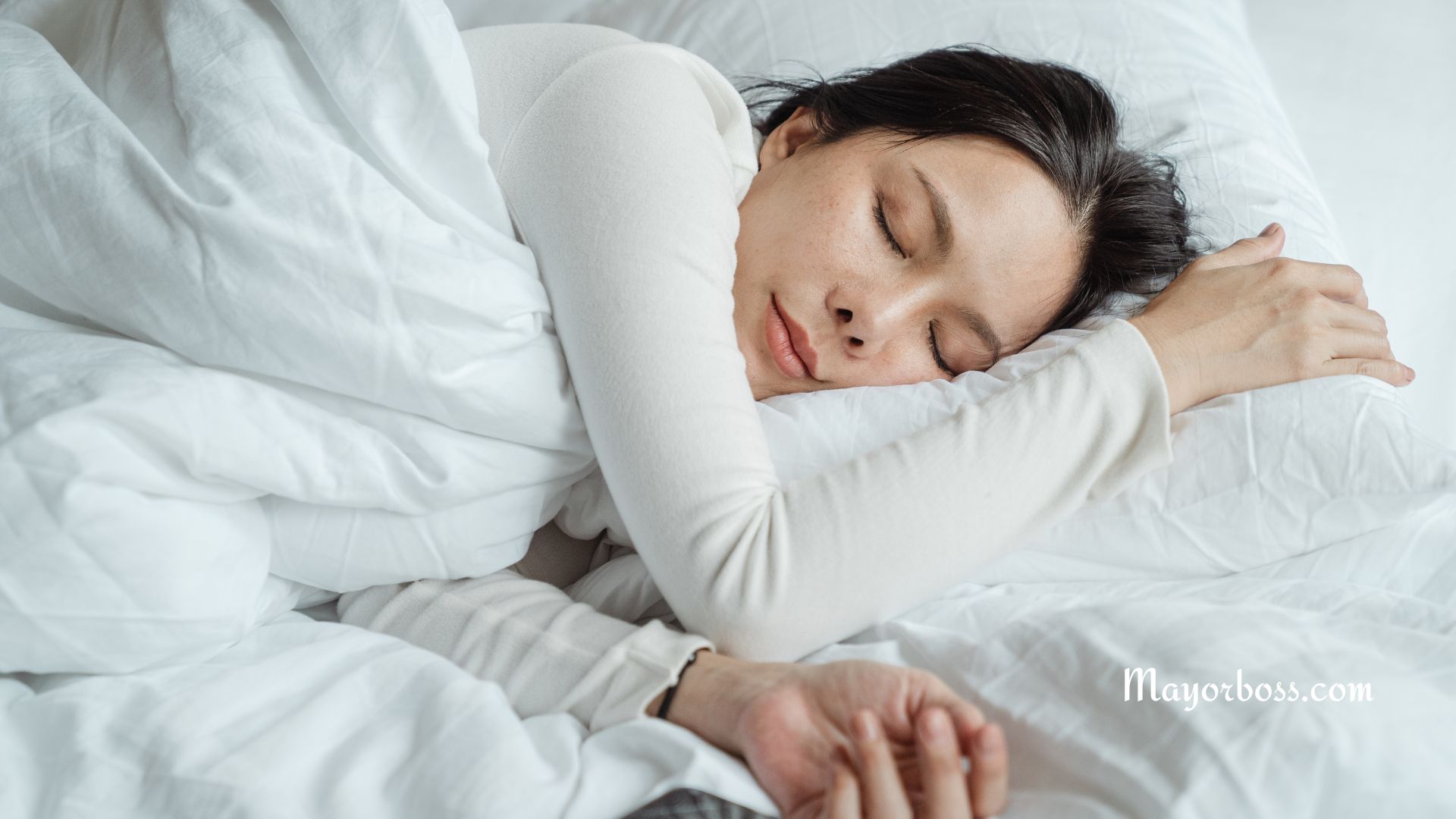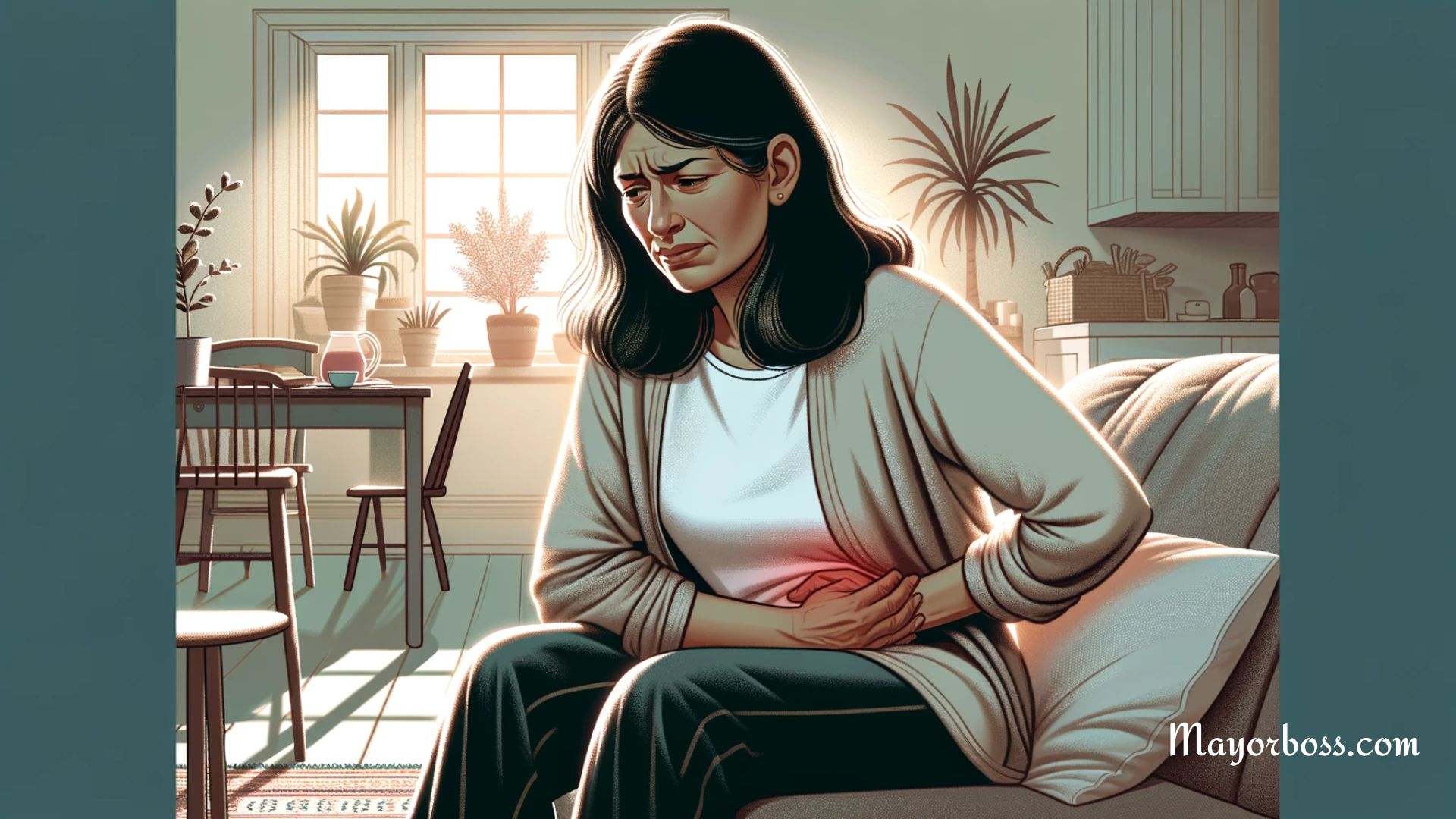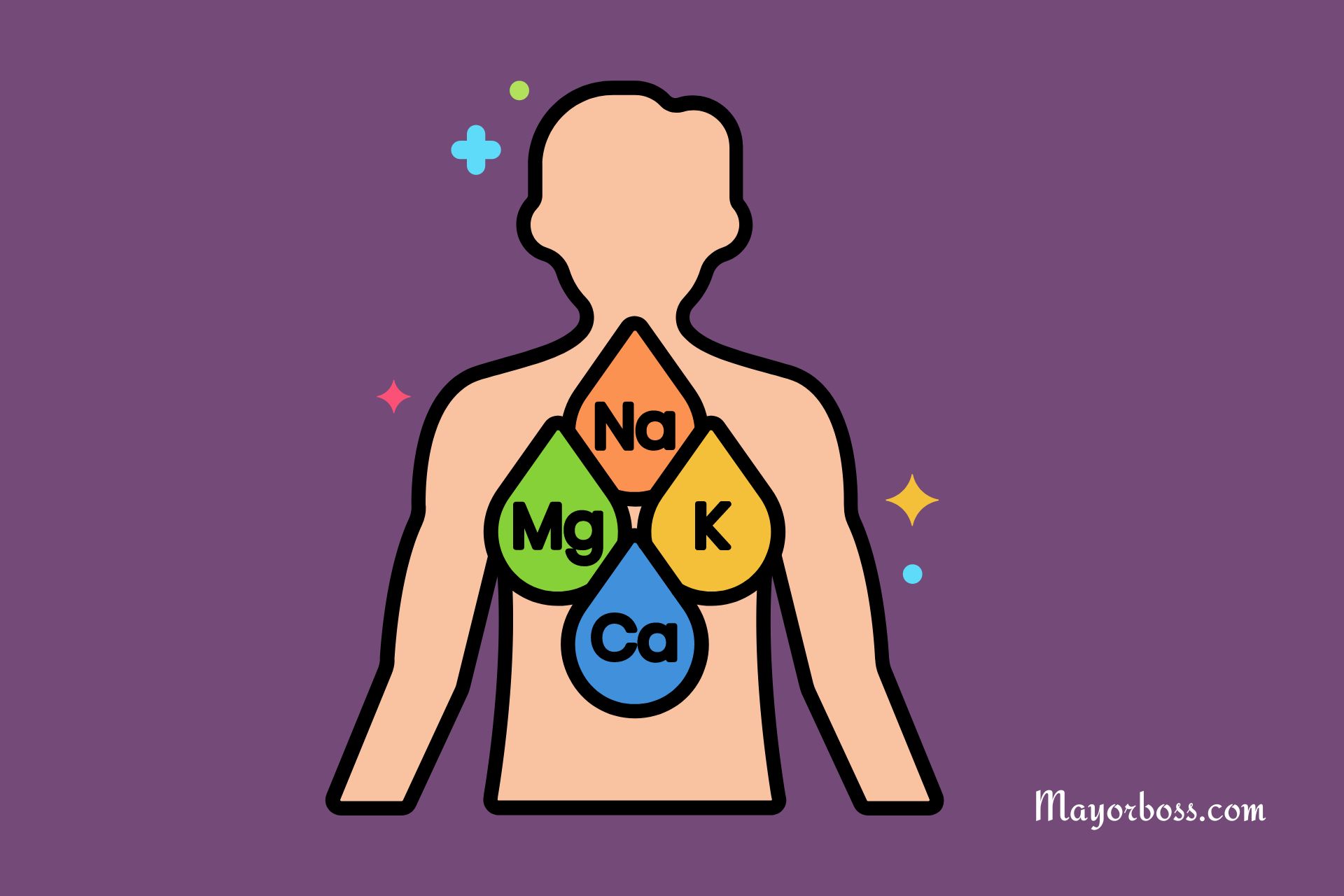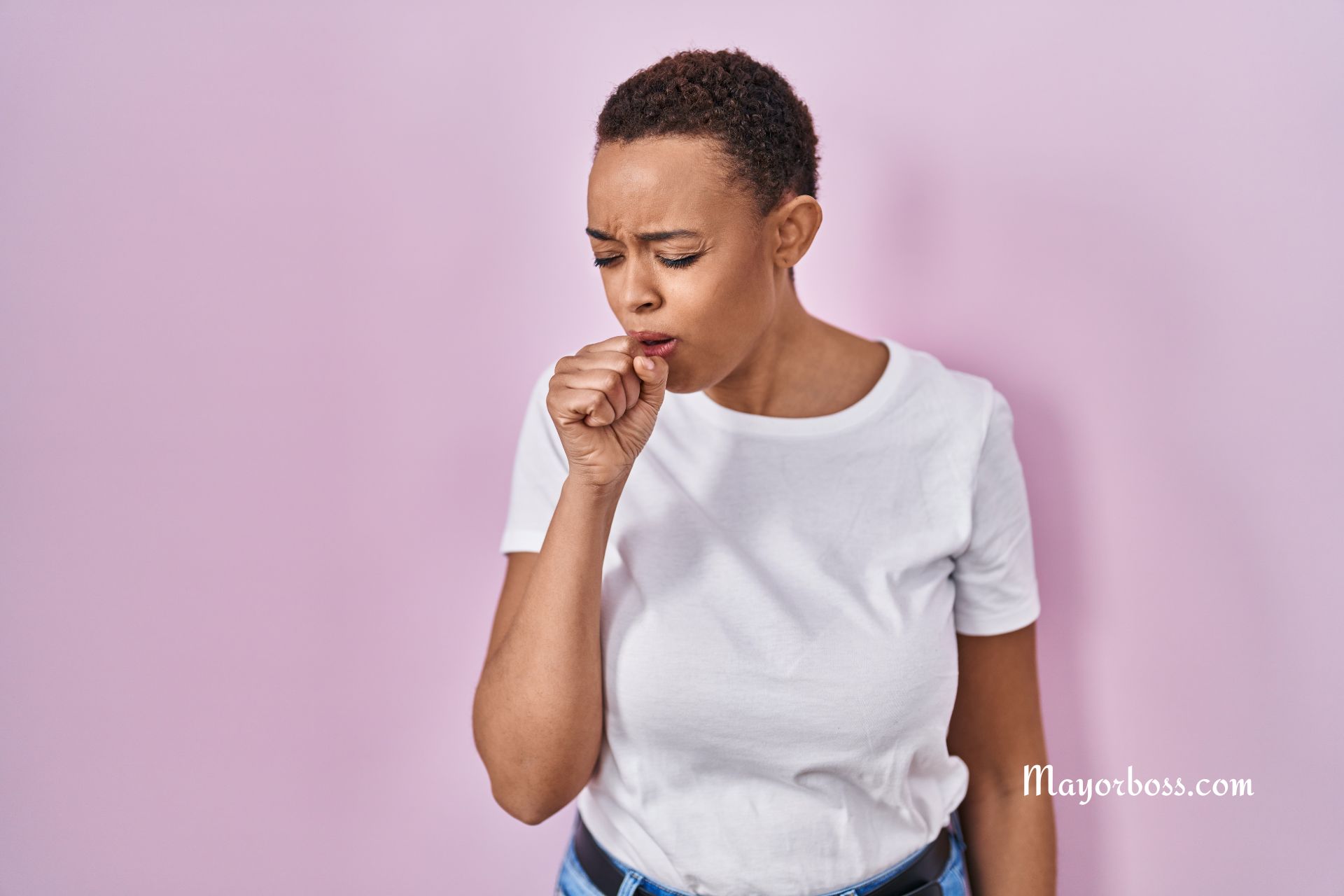Causes of Pimples on the Nose and How to Treat It
Pimples on the nose can be particularly bothersome, not just because they’re visible but because the nose is a part of the face with unique skin properties. If you’ve noticed pimples popping up on your nose and you’re wondering why they’re there and how you can get rid of them, you’re in the right place. In this article, we’ll delve into the reasons pimples appear on the nose and offer practical advice on treating them.
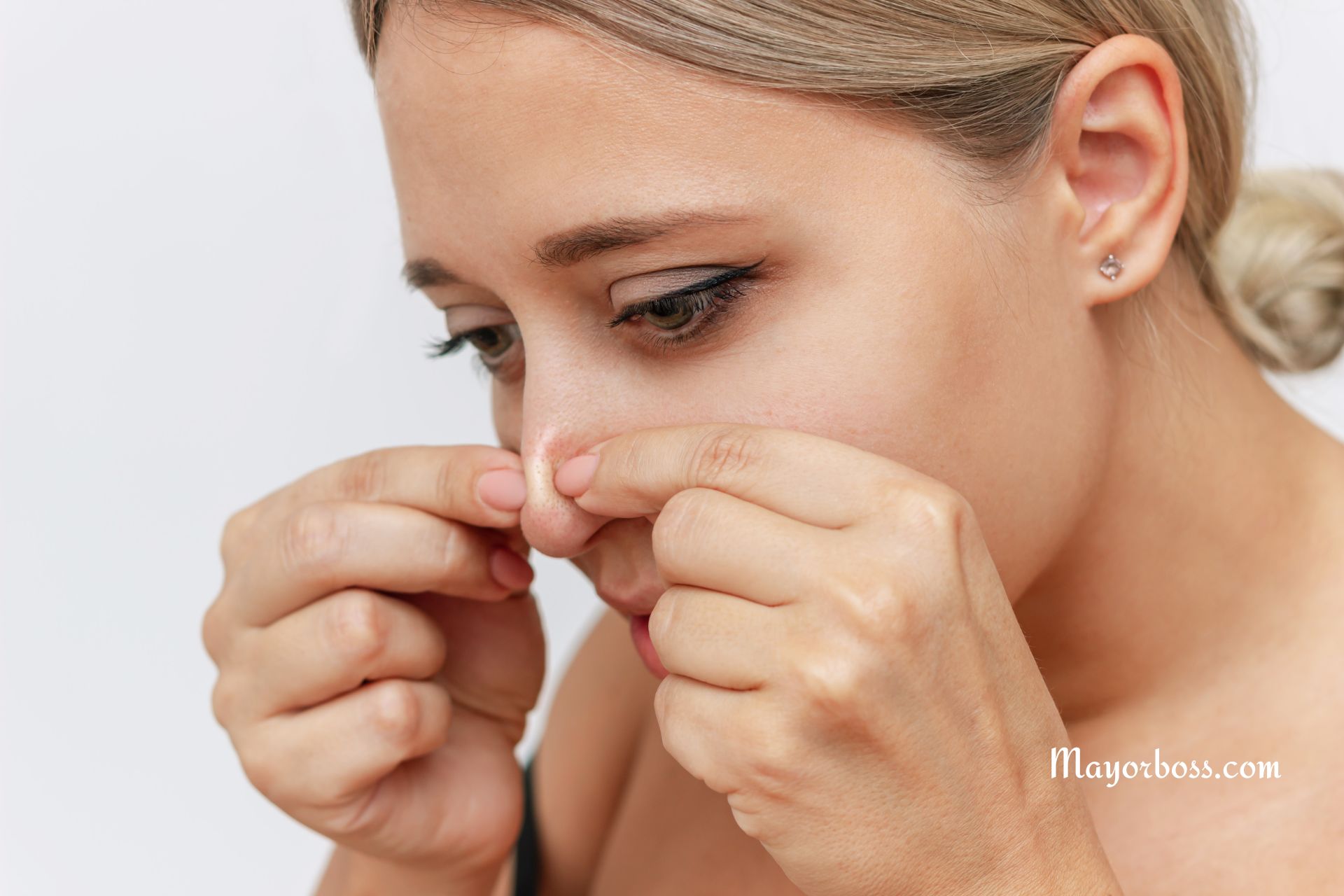
Causes of Pimples on the Nose
Pimples on the nose can arise from various factors, each contributing to the development of these blemishes in different ways:
- Excess Oil Production: The nose has a high concentration of sebaceous glands, which can produce more oil, leading to clogged pores and pimples.
- Hormonal Fluctuations: Hormonal changes, especially during puberty, pregnancy, menstruation, or due to conditions like polycystic ovary syndrome (PCOS), can increase oil production and the likelihood of pimples.
- Poor Hygiene: Not cleaning your face regularly or perfectly can allow dirt, oil, and dead skin cells to accumulate, clogging pores and causing pimples.
- Diet: High-glycemic foods, dairy products, and certain fats might contribute to acne in some individuals.
- Stress: High stress levels can increase cortisol production, which may lead to more oil production and, subsequently, pimples.
- Cosmetics and Hair Products: Some makeup, moisturizers, and hair products can block pores if they’re comedogenic (pore-clogging).
How to Treat Pimples on the Nose
Treating pimples on the nose involves a combination of good skincare practices and, in some cases, medication. Here are effective approaches:
- Keep the Area Clean: Wash your face twice daily with a gentle cleanser to remove excess oil and dirt. Avoid over-washing, which can irritate the skin and worsen pimples.
- Use Non-comedogenic Products: Choose makeup, sunscreen, and facial products labeled non-comedogenic to prevent pore clogging.
- Topical Treatments: Apply over-the-counter (OTC) topical treatments containing benzoyl peroxide, salicylic acid, or retinoids to help reduce inflammation and clear clogged pores.
- Warm Compress: Applying a warm compress can help to open pores, allowing for easier removal of oil and debris.
- Avoid Picking or Squeezing: Picking at pimples can lead to scars and spread bacteria, causing more pimples.
- Dietary Changes: Incorporate more fruits, vegetables, whole grains, and lean proteins into your diet while reducing high-glycemic and dairy products if you notice they trigger your acne.
- Stress Management: Techniques like meditation, yoga, and regular exercise can lessen stress levels and potentially decrease the occurrence of pimples.
- Consult a Dermatologist: For persistent or severe acne, a dermatologist can offer prescription medications, such as oral contraceptives (for hormonal acne) or isotretinoin, and provide professional treatments like chemical peels or laser therapy.
Frequently Asked Questions
1. Can squeezing pimples on the nose make them go away faster?
No, squeezing pimples can actually worsen the situation by causing inflammation, scarring, and spreading bacteria to other pores.
2. How long does it take for pimples on the nose to go away?
The duration varies depending on the treatment method and the severity of the pimples. Over-the-counter treatments might show improvement in a few weeks, but persistent or severe cases may require longer treatment under a dermatologist’s care.
3. Are there any home remedies for treating pimples on the nose?
While home remedies like tea tree oil or aloe vera gel can decrease inflammation and redness, it’s important to use these with caution. Not all natural products are suitable for all skin types, and some can cause irritation or allergic reactions.


